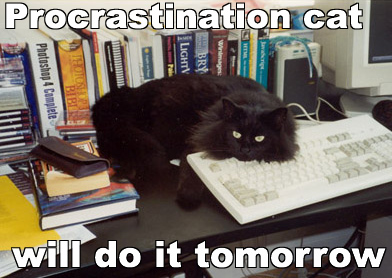This post is a long one, sorry, but stick with it! I really believe this is something we need to make time for.
Recently, I was looking for inspiration for a part of my novel where one character interrupts a battle to give a passionate speech that marks the beginning of the road to peace. One of the first results when you Google “speech about peace and war” is Martin Luther King Jr.’s little-remembered 1967 speech opposing American involvement in the Vietnam War, ‘A Time to Break Silence’.
I had no idea that reading this speech would change the topic that I would blog on today.
“A time comes when silence is betrayal. In Vietnam, that time has come for us.” – Martin Luther King Jr., ‘A Time to Break Silence’, 1967
Many of you, upon reading the title of this post, assumed that I’m talking simply about my profession of editing. “I say there are bad stories being written out there, and we gonna git ‘em fixed!”
I wish I was.
In the world today, as there has been every year since the dawn of man, there are bad stories being written. By governments and individuals. By my government in Australia. By individuals who I know who think that the government is doing the right thing.
And I need to talk about it. I need to tell you about it. I need to talk about why we are writing a “bad” story and how we can edit it so that we aren’t ashamed of what we have written.
“I cannot say with certainty which of my motives are the strongest, but I know which of them deserve to be followed. And looking back through my work, I see that it is invariably where I lacked a political purpose that I wrote lifeless books and was betrayed into purple passages, sentences without meaning, decorative adjectives and humbug generally.” – George Orwell, ‘Why I Write’ Essay


 In March, Sting gave a TED talk called ‘How I started writing songs again’ (
In March, Sting gave a TED talk called ‘How I started writing songs again’ (

